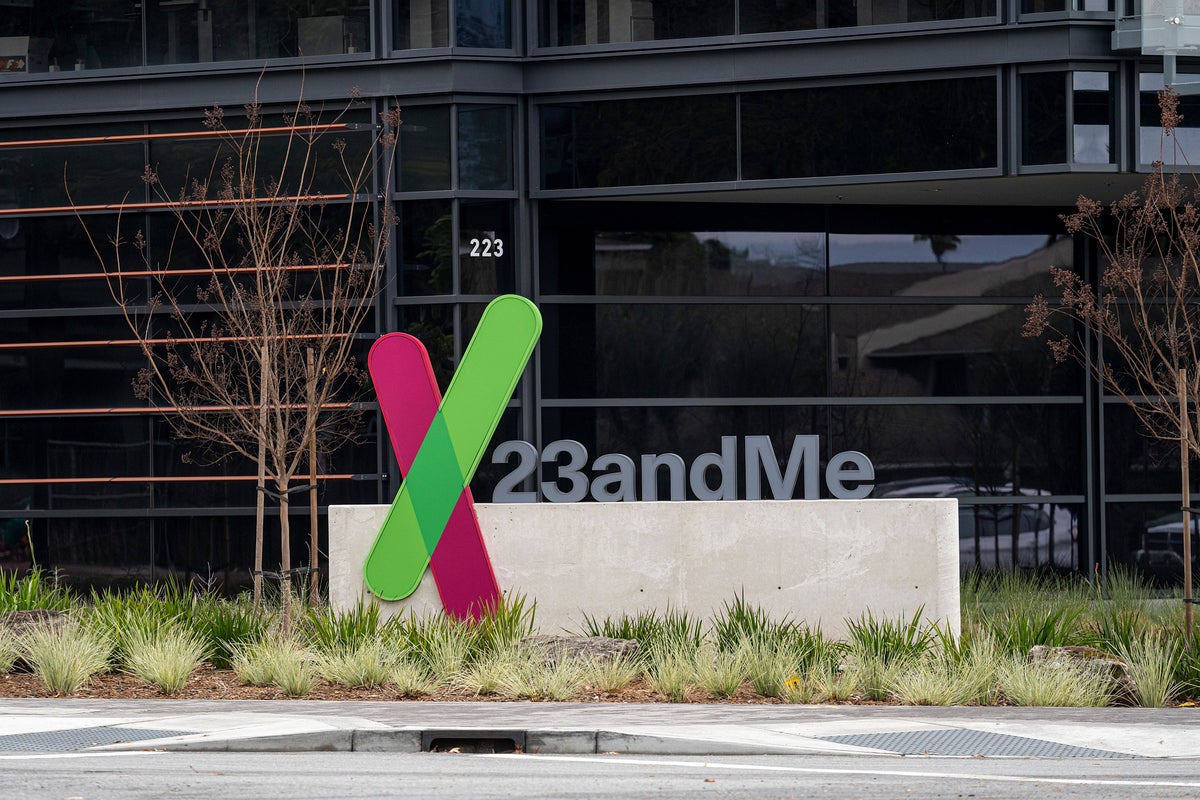Now Reading: 23andMe Bankruptcy Sparks Concerns Over Genetic Data Security
1
-
01
23andMe Bankruptcy Sparks Concerns Over Genetic Data Security
23andMe Bankruptcy Sparks Concerns Over Genetic Data Security

Quick Summary
- 23andMe, a direct-to-consumer genetic testing company with data on approximately 15 million users, has filed for bankruptcy.
- The company’s genetic data assets-containing sensitive facts about individuals and potentially their blood relatives-are now at risk of being sold or misused.
- Legal experts are encouraging users to delete their accounts and genetic information from the platform to mitigate potential risks.
- Current U.S.federal laws do not provide comprehensive protection for genetic privacy, leaving policies such as those of 23andMe as the main safeguard in most states.
- The company’s privacy policy permits the sale of user data during bankruptcy but allows users to request account deletions, though some basic data may still be retained for compliance purposes.
- If purchased by another company or liquidated to pay creditors, user data could face changes in its usage policy unless otherwise protected under applicable state laws or federal acts such as GINA (Genetic information Nondiscrimination act).
- Many experts highlight the implications this poses not only on individual privacy but also on close blood relatives who share overlapping genetics that could be inferred indirectly.
Indian opinion Analysis
The situation concerning 23andMe’s bankruptcy underlines a major global challenge: safeguarding sensitive personal data amidst corporate insolvencies and acquisitions. For India, this serves as a cautionary tale about regulating emerging tech-driven industries like personalized biotech services which are already gaining traction domestically through various startups in genomics testing arenas akin those –despite tightly gaps regulation seen priorly
Stay Informed With the Latest & Most Important News
Previous Post
Next Post
Loading Next Post...




























